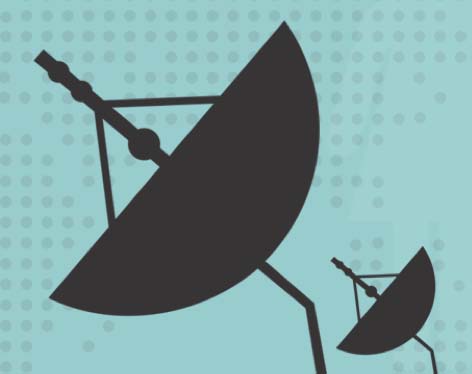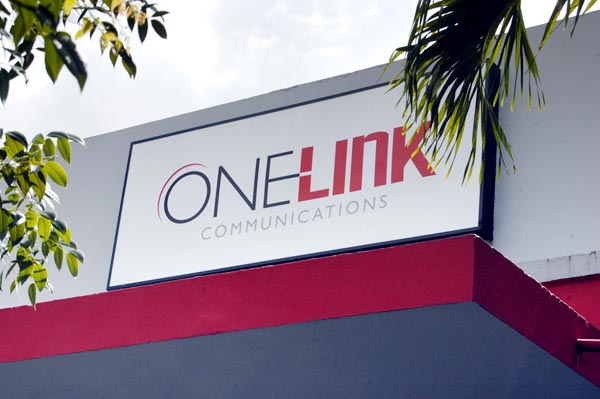FCC looks to empower consumers during cable, satellite TV blackouts

The Federal Communications Commission has proposed requiring rebates for customers experiencing programming blackouts on their cable or satellite TV subscriptions.
The FCC will seek public comment on this proposal.
Subscribers have increasingly encountered programming blackouts over the last decade due to cable operators and satellite TV providers not securing “retransmission consent” agreements with local broadcast station licensees.
Even though those subscribers lose access to video programming that they expect, they do not always receive rebates for this service interruption, the agency highlighted in its proposal.
“Over the past decade, data indicates that the number of blackouts resulting from unsuccessful retransmission consent negotiations has increased dramatically. A leading cause of these disputes is disagreements over per-subscriber programming fees,” states the FCC’s Notice of Proposed Rulemaking, which seeks comment on whether and how to require cable and satellite providers to issue rebates to subscribers in the event of a blackout.
“When viewers lose the ability to watch the local news, their favorite show or sports team on their cable or satellite service because of a retransmission blackout, they are not getting what they paid for. And that’s not right,” said FCC Chairwoman Jessica Rosenworcel.
“That’s why we’re starting a conversation about the best way to ensure that when viewers turn on that screen, they get what they pay for,” she added.
The initiative is the latest consumer protection effort from the FCC under Rosenworcel. The commission has also adopted consumer labels for broadband services and is implementing them.
The commission has also proposed requiring “all-in” pricing information in cable and satellite billing and promotional materials and limiting junk fees, such as early termination fees, in cable and satellite services.









